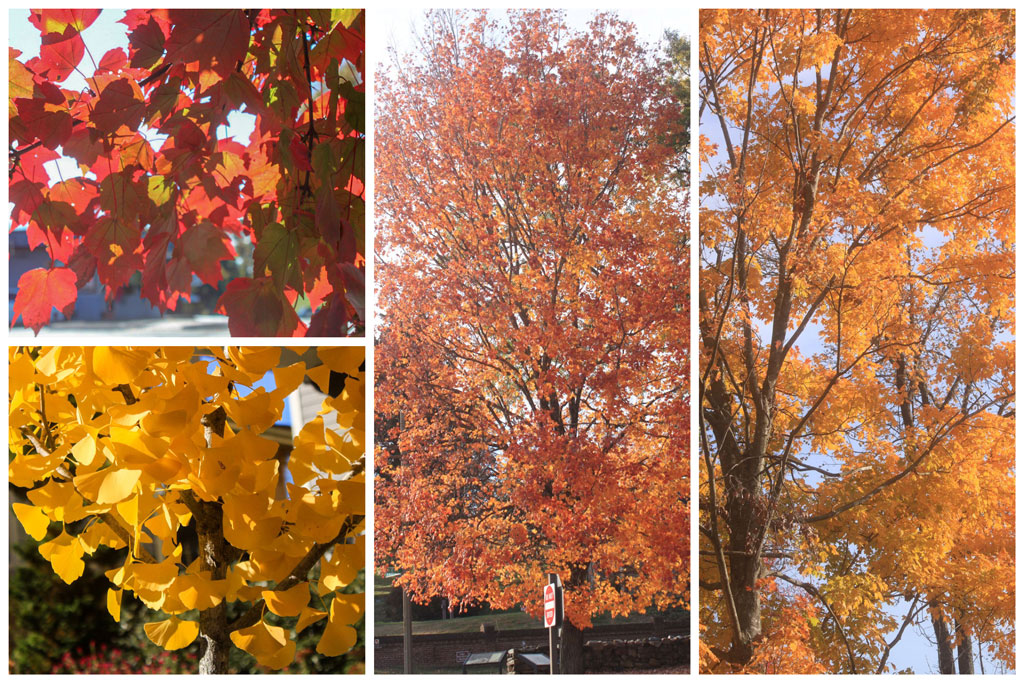
Last Sunday in Ordinary Time -We celebrate Christ the King Sunday as the last Sunday of Ordinary Time just before we begin Advent. It is the switch in the Liturgy between Years A, B, and C. Year A focuses on Matthew, Year B on Mark and Year C on Luke. The Gospel of John is included in each year in the Easter time frame.
The readings for the last Sunday after Pentecost are full of references to the return of Christ, when evil will be defeated and Jesus will begin his final reign as King of kings. In Advent, the Church year begins with a focus on the final restoration of all creation to its original glory. In preparation, on the last Sunday of the Church year, we proclaim the advent of the Lord of lords and King of kings.
The earliest Christians identified Jesus with the predicted Messiah of the Jews. The Jewish word "messiah," and the Greek word "Christ," both mean "anointed one," and came to refer to the expected king who would deliver
Christians have long celebrated Jesus as Christ, and his reign as King is celebrated to some degree in Advent (when Christians wait for his second coming in glory), Christmas (when "born this day is the King of the Jews"), Holy Week (when Christ is the Crucified King), Easter (when Jesus is resurrected in power and glory), and the Ascension (when Jesus returns to the glory he had with the Father before the world was created).
The recent celebration of Christ the King came from the Catholics in the 20th century. Pope Pius XI wanted to specifically commemorate Christ as king, and instituted the feast in the Western calendar in 1925. Pius connected the denial of Christ as king to the rise of secularism. Secularism was on the rise, and many Christians, even Catholics, were doubting Christ’s authority, as well as the Church’s, and even doubting Christ’s existence. Pius XI, and the rest of the Christian world, witnessed the rise of dictatorships in
Pius hoped the institution of the feast would have various effects. They were:
1. That nations would see that the Church has the right to freedom, and immunity from the state
2. That leaders and nations would see that they are bound to give respect to Christ
3. That the faithful would gain strength and courage from the celebration of the feast, as we are reminded that Christ must reign in our hearts, minds, wills, and bodies
Art
Art celebrates this Sunday with various symbols – Crown of Thorns
Crown, Jesus on Throne, Jesus holding scepter and orb, Kingly attire/activities, Crucifix.
Scripture
Christ’s kingship is one of humility and service. Jesus said:
"You know that those who are recognized as rulers over the Gentiles lord it over them, and their great ones make their authority over them felt. But it shall not be so among you. Rather, whoever wishes to become great among you will be your servant; whoever wishes to be first among you will be the slave of all. For the Son of Man did not come to be served, but to serve, and to give his life as a ransom for many" (Mark 10:42-45).
Pilate said to Jesus, "Are you the King of the Jews?"… Jesus answered, "My kingdom does not belong to this world. If my kingdom did belong to this world, my attendants would be fighting to keep me from being handed over to the Jews. But as it is, my kingdom is not here." So Pilate said to him, "Then you are a king?" Jesus answered, "You say I am a king. For this I was born and for this I came into the world, to testify to the truth (John 18:33b, 36-37)






 26th Sunday after Pentecost, Nov. 17, 2024
26th Sunday after Pentecost, Nov. 17, 2024


